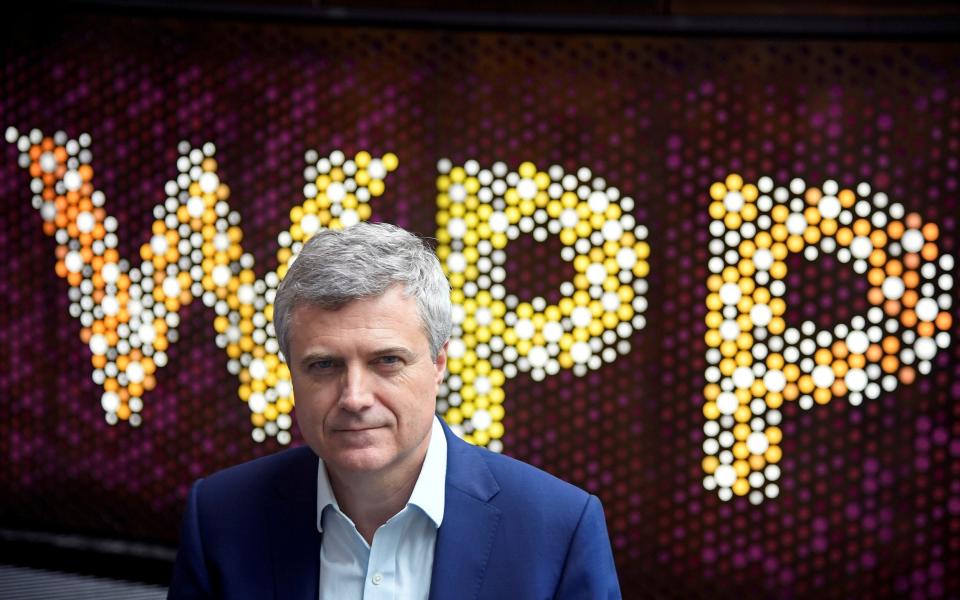WPP pays $19m to settle US bribery allegations

WPP, the world's biggest advertising agency, has paid $19m (£14m) to settle charges brought by the US markets regulator over the bribery of Indian officials and concoction of "illicit schemes" in China, Brazil and Peru.
The company, built by Sir Martin Sorrell, was accused of poor accounting controls by the Securities and Exchange Commission (SEC) after a fringe company in India paid $1m of bribes to secure government contracts.
Separately, WPP was alleged to have made "unjustified" and "improper" payments through businesses in China and Brazil.
A Peruvian company controlled by the FTSE 100 business also funnelled funds throughout the group to disguise payments made to political campaigns in Peru, the SEC claimed.
The charges stretch from 2013 to 2018, when Sir Martin was in control of the advertising behemoth. He left WPP three years ago over separate misconduct allegations, which he has always denied.
In a statement, Sir Martin said he had "no part or involvement" in the settlement reached between WPP and the SEC.
He added: "My personal commitment to compliance and controls during almost 50 years of value creation has been rigorous and remains so.
"I note there have been terminations of only certain senior executives and other employees at WPP involved in the misconduct as a consequence. I left WPP as a good leaver as its statement of April 14, 2018 made clear."
Sir Martin took charge of WPP in 1985 and transformed into an advertising titan owning hundreds of businesses around the world.
The SEC found some bosses of companies bought by WPP had "outsized influence". It also accused the company of failing to act on "repeated warning signs of corruption and control failures".
WPP did not admit or deny the SEC's findings but paid a penalty of $19m.
Charles Cain, of the SEC, said: "A company cannot allow a focus on profitability or market share to come at the expense of appropriate controls.
"Further, it is essential for companies to identify the root cause of problems when red flags emerge to prevent a pattern of corrupt behavior from taking hold."
Sir Martin remains a major shareholder in WPP but now runs his own rival agency, S4 Capital.
His replacement as WPP boss, Mark Read, has put the business through a vast overhaul by offloading its £3.5bn stake in Kantar, the data company, and selling more than 100 businesses to cut debt from £5.2bn to £1.5bn.
Mr Read also embarked on a more aggressive acquisition strategy last year by targeting £200m to £400m worth of takeovers annually in e-commerce and technology.
His actions have drawn the ire of Sir Martin, who last year accused Mr Read of "killing the businesses". WPP earlier this year blocked payment of share options awarded to Sir Martin in past bonus schemes and accused him of leaking confidential information about the business, which he denies.
In a statement, WPP said: "The commission’s findings relate to control issues as well as the acquisition and integration of companies in high-risk markets until 2018.
"As the commission’s order recognises, WPP’s new leadership has put in place robust new compliance measures and controls, fundamentally changed its approach to acquisitions, cooperated fully with the commission and terminated those involved in misconduct.”

 Yahoo Finance
Yahoo Finance 